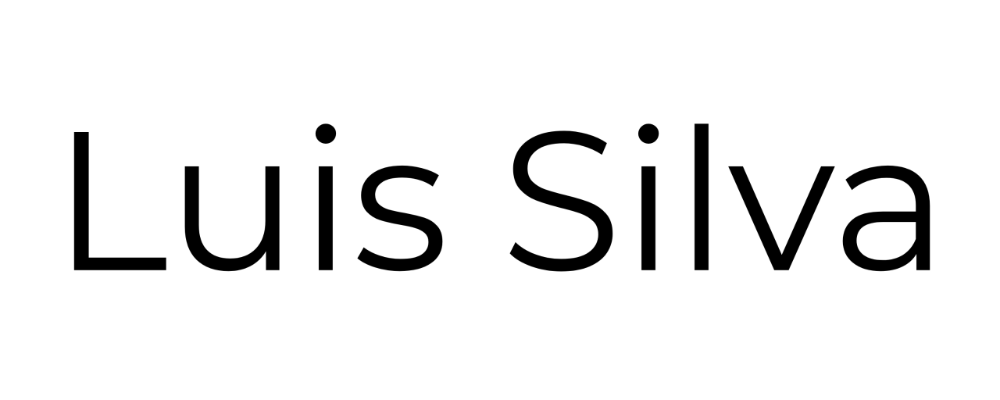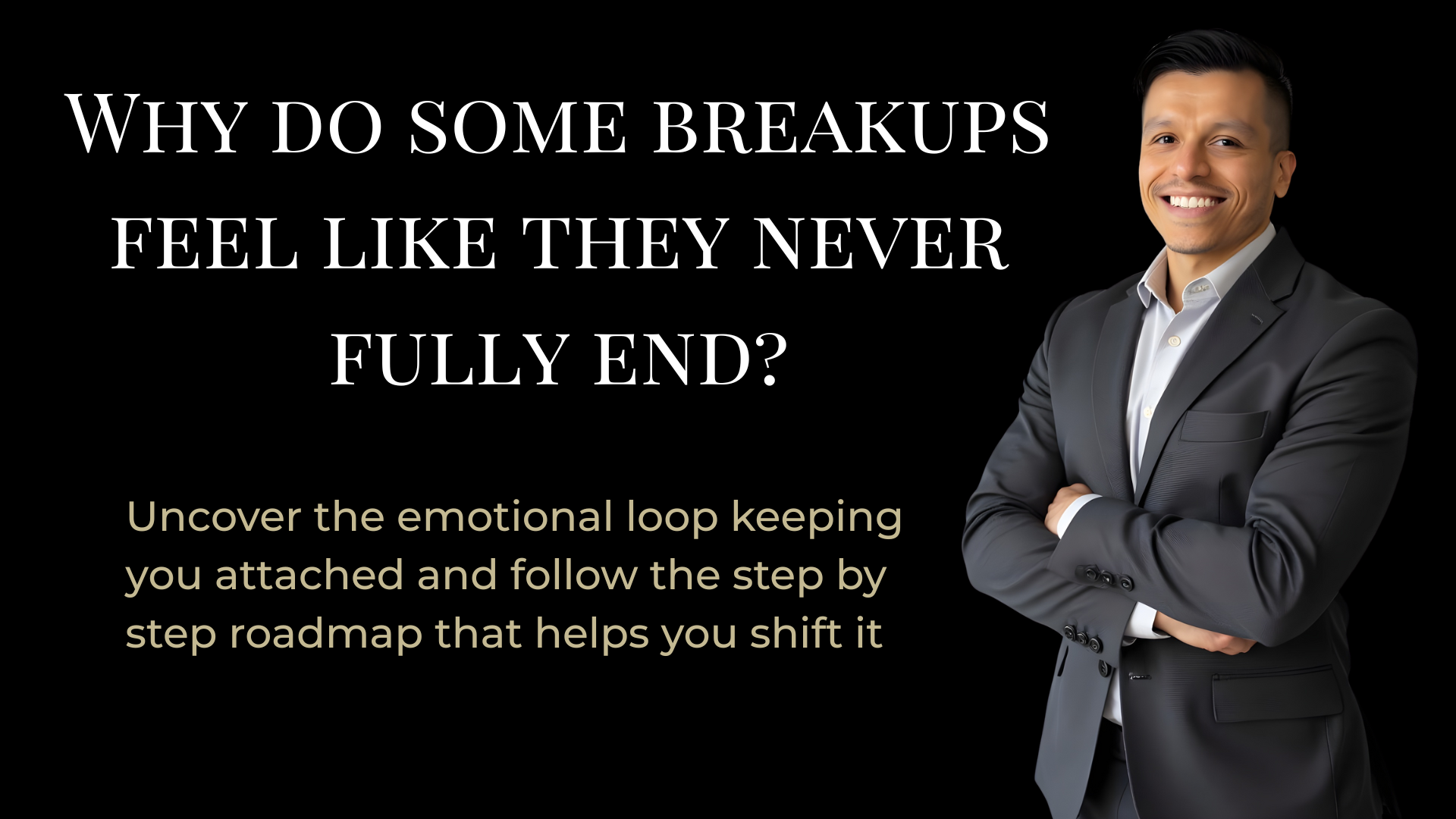
Why Forcing Yourself to Move On Actually Keeps You Stuck
There's something profoundly frustrating about being told to "just get over it" when your heart feels like it's been put through a blender. You've probably tried pushing yourself harder, setting deadlines for when you should feel better, or attempting to logic your way out of the emotional mess. Yet here you are, possibly months later, feeling like you're running in place while everyone else seems to have figured out this whole moving-on thing.
The truth that no one talks about is this: the very act of forcing yourself to move on creates the exact resistance that keeps you trapped. It's like trying to fall asleep by commanding yourself to sleep – the harder you try, the more elusive it becomes. This isn't about lacking willpower or being emotionally weak. It's about understanding how your mind actually works when it comes to processing complex emotions and attachment.
The Willpower Trap That High-Achievers Fall Into
If you're someone who's built success through determination and strategic thinking, this concept might feel particularly challenging to accept. Your entire professional life has likely been built on the foundation that effort equals results. Project behind schedule? Work harder. Goal not met? Push further. Problem in the way? Find a solution and execute it.
But emotional recovery operates on completely different principles than professional achievement. When you apply the same force-and-control approach to your inner world, you inadvertently create what psychologists call "psychological reactance" – your mind's natural pushback against being controlled, even by yourself.
Picture this scenario: You wake up one morning and decide you're done feeling sad about your ex. You delete photos, throw yourself into work, start dating apps, and tell yourself you're moving forward. Yet by evening, you're somehow thinking about them more than you were the day before. Sound familiar?
This happens because forcing creates internal conflict between different parts of yourself. One part desperately wants to move on, while another part is still processing, still grieving, still trying to make sense of what happened. When you try to override the processing part with sheer determination, it fights back by becoming louder and more persistent.
Why Fighting Your Emotions Amplifies Them
Consider how your mind responds when someone tells you not to think about a white elephant. Suddenly, white elephants are all you can think about. The same principle applies to emotions – the more you resist them, the more they persist. This isn't some mystical concept; it's simply how attention works.
When you tell yourself you shouldn't be feeling hurt, angry, or confused about your breakup, you're essentially putting those emotions under a spotlight. You're giving them more mental real estate, not less. The energy you spend fighting these feelings could be redirected toward actually processing and integrating the experience.
Many gay men, particularly those who've achieved success in competitive environments, struggle with this because they've learned to compartmentalize emotions to succeed professionally. This skill, while valuable in boardrooms and high-pressure situations, becomes counterproductive when applied to relationship recovery.
The paradox becomes clear: The very strategies that helped you succeed professionally – controlling outcomes, pushing through discomfort, and maintaining focus despite obstacles – actually create more obstacles when applied to emotional recovery.
The High-Achiever's Emotional Blind Spot
There's a unique challenge that comes with being someone who's used to winning, solving problems, and getting results. You've likely built your identity around being capable, strategic, and emotionally resilient. When a breakup knocks you sideways, it challenges not just your heart but your entire sense of self-competency.
This creates a double bind: not only are you dealing with the loss of the relationship, but you're also grappling with feeling like you should be handling it better. You might find yourself thinking, "I run a department of fifty people, why can't I handle one breakup?" or "I've overcome bigger challenges than this – what's wrong with me?"
Nothing is wrong with you. You're simply applying the wrong framework to the situation. Emotional recovery isn't a project to be managed or a problem to be solved through sheer determination. It's more like tending a garden – it requires patience, the right conditions, and trust in natural processes.
When you try to force emotional recovery, you're essentially trying to make a plant grow faster by pulling on its leaves. All you end up doing is damaging the very thing you're trying to nurture.
Understanding the Psychology of Acceptance vs. Force
Here's where things get interesting: acceptance doesn't mean resignation or giving up. It means acknowledging what is, rather than fighting what shouldn't be. When you accept that you're hurt, that recovery takes time, and that your emotions are valid responses to loss, something remarkable happens – the resistance dissolves.
Think about the difference between swimming against a current and swimming with it. Fighting the current exhausts you and gets you nowhere. Swimming with it allows you to conserve energy while still making progress toward your destination. The same principle applies to emotional recovery.
Acceptance creates space for natural recovery processes to unfold. Instead of your mental energy being tied up in internal battles, it becomes available for actual processing, integration, and gradual forward movement. This isn't about becoming passive or wallowing – it's about working with your psychological nature instead of against it.
Consider this shift in perspective: Rather than asking "How can I make myself stop caring?" try asking "How can I care for myself while I naturally process this experience?" The first question creates force and resistance. The second creates curiosity and compassion.
The Counterintuitive Path Forward
So if forcing doesn't work, what does? The answer lies in creating conditions that support natural recovery rather than trying to control the recovery itself. It's about becoming curious about your experience rather than judgmental. It's about treating yourself with the same compassion you'd show a friend going through a difficult time.
This doesn't mean you're powerless or that you should just wait around hoping things get better. There are specific approaches and techniques that work with your mind's natural recovery processes rather than against them. These methods acknowledge the complexity of attachment, the reality of grief, and the particular challenges that come with being a high-achieving man who's used to being in control.
The key is understanding that recovery happens through integration, not suppression. Through allowing rather than forcing. Through curiosity rather than judgment. When you stop fighting yourself, you free up tremendous energy that can be redirected toward actual recovery and growth.
Your professional success has shown you that you're capable of learning new strategies when old ones don't work. The same intelligence and adaptability that served you in building your career can serve you in navigating this transition – you just need the right framework.
Breaking Free from the Cycle
Recognition is the first step toward breaking free from the force-and-resistance cycle. Simply understanding why your previous attempts haven't worked can provide tremendous relief. You haven't been failing at recovery – you've been using an approach that inadvertently creates the very thing you're trying to overcome.
This awareness allows you to stop the exhausting internal battle and redirect your energy toward approaches that actually work. Instead of fighting your emotions, you can learn to work with them. Instead of trying to override your attachment system, you can learn to gradually and safely update it.
The path forward involves understanding how your specific mind processes attachment and loss, developing personalized strategies that work with your particular patterns, and learning to trust in processes that might feel unfamiliar to someone used to controlling outcomes.
Most importantly, it involves recognizing that your sensitivity and depth of feeling aren't weaknesses to be overcome – they're part of what makes you capable of meaningful connection in the first place. The goal isn't to become someone who doesn't feel deeply; it's to become someone who can feel deeply without being overwhelmed by those feelings.
Your Next Step Forward
Understanding that force creates resistance is liberating, but it's just the beginning. The real question becomes: what approach actually works? How do you honor your emotions while still moving forward? How do you work with your attachment system rather than against it?
These are questions that deserve more than surface-level answers. They require understanding the specific ways your mind processes connection and loss, the particular challenges you face as someone who's used to achieving through effort, and the most effective approaches for creating lasting change without the internal battle.
If you're ready to stop fighting yourself and start working with your natural recovery processes, there's a different way forward. One that honors both your intelligence and your emotions. One that recognizes your capacity for deep feeling as a strength, not a weakness. One that provides practical, effective strategies designed specifically for men who are used to succeeding but find themselves stuck when it comes to moving on.
The exhausting cycle of forcing and resistance doesn't have to continue. There's a more effective path – one that works with how your mind actually functions rather than against it. Your journey toward genuine recovery and renewed confidence in relationships is waiting for the right approach.
Ready to Break Free from Heartbreak?
Discover the Proven Steps to Rebuild Confidence and Thrive in Life After Love.
Join a Community That Gets You and Helps You Thrive!
Join a community of high-achieving gay men receiving exclusive tools, tips, and support to overcome heartbreak and create a life they love.
We respect your privacy. Your information is 100% secure and will never be shared, sold, or used for spam. You can unsubscribe at any time.


